London mayor Sadiq Khan has confirmed that a £10 toxic “T-Charge”, for the most polluting vehicles, will start in central London on October 23 this year.
The new emissions levy will apply to motorists who own vehicles that do not meet Euro 4 standards – typically those diesel and petrol vehicles registered before 2006.
The T-charge (also known as the Emissions Surcharge) will operate on top of, and during the same operating times, as the Congestion Charge (Monday to Friday 7am-6pm), so it will cost £21.50 to drive a pre-Euro 4 vehicle in the zone.
To help motorists, the Mayor launched a free online vehicle checker on the Transport for London website so that drivers can check whether their vehicle will be affected by the T-Charge.
Khan, said: “It’s staggering that we live in a city where the air is so toxic that many of our children are growing up with lung problems. If we don’t make drastic changes now we won’t be protecting the health of our families in the future.
“That is why, on the 14th anniversary of the start of the congestion charge, I’ve confirmed we are pressing ahead with the toughest emission standard of any major city, coming to our streets from October 23rd .
“The T-Charge is a vital step in tackling the dirtiest diesels before I introduce the world’s first Ultra Low Emission Zone as early as 2019.
“I will continue to do everything in my power to help protect the health of Londoners and clean our filthy air. But now is the time for Government to show real leadership and join me by introducing a diesel scrappage fund and bring in the new Clean Air Act we desperately need.”
RAC roads policy spokesman Nick Lyes responded: “We welcome the introduction of the T-charge as nobody denies that action is needed to clean up London’s air pollution and it quite rightly tackles the most polluting vehicles first.
“We are, however, concerned that it coming into force in October doesn’t give owners of vehicles affected by the charge much time to acquire newer ones. What’s more, owners of these older vehicles are also those that are likely to be less well-off and therefore may struggle to purchase a cleaner vehicle in such a short period of time. It could also disproportionately impact on struggling smaller businesses.
“Given the short amount of time before the charge is brought in there really ought to be incentives to help owners trade in their older diesel vehicles.
“We also need to see a renewed push by City Hall to replace some of the dirtiest buses on London’s roads and a renewed effort to get congested roads moving.
“Motorists need to be very careful in checking whether their vehicle is affected or not. The best advice is to visit the TfL website.”


























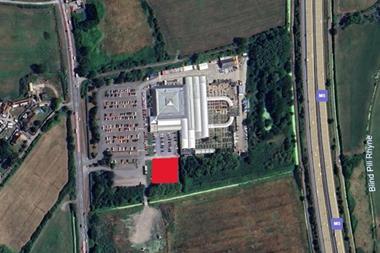


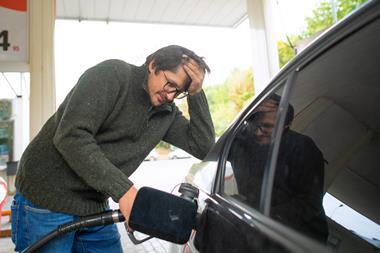
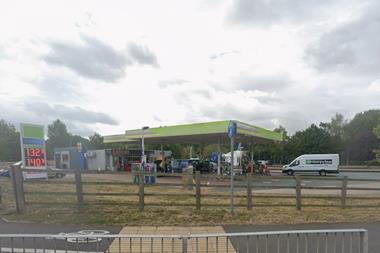
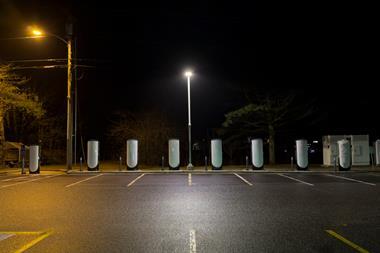
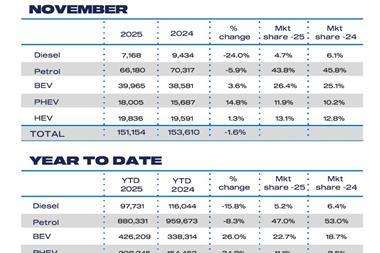
No comments yet